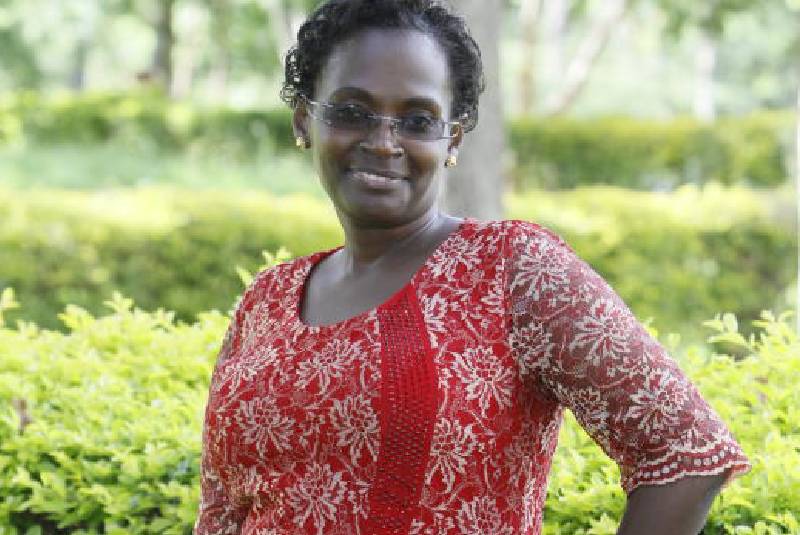×
The Standard e-Paper
Stay Informed, Even Offline

Carolyne Wambua, ateacher at Machakos Boys High School, has been living with Lupus for 11 years. [Jenipher Wachie, Standard]
If she hadn’t had babies before her lupus was full blown, she may have remained childless. Carolyne Wambua, 36, counts her blessings as she learns to live with the disease.